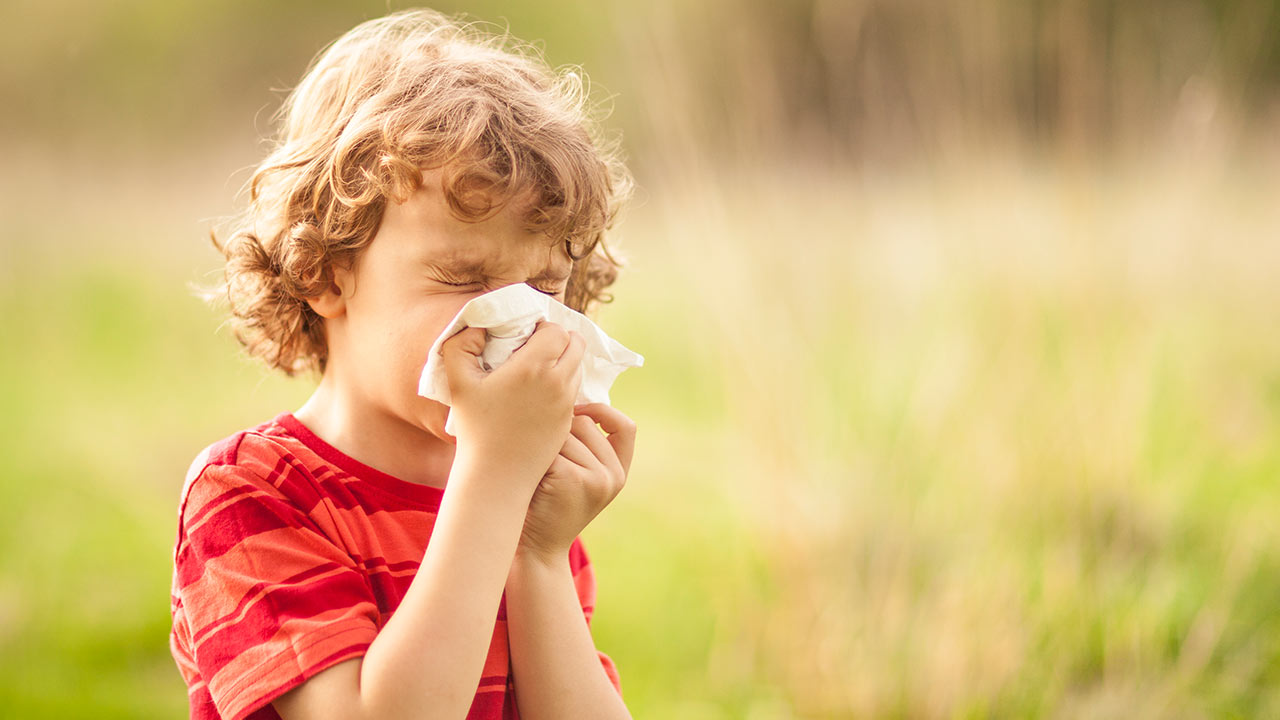If you suffer from hay fever, you’re likely familiar with the itchy, watery, red eyes that often accompany this seasonal allergy. Hay fever, or allergic rhinitis, is triggered by pollen and other allergens, causing an overreaction of the immune system. This can make your eyes feel irritated and uncomfortable, especially during peak allergy seasons.
Fortunately, there are steps you can take to protect your eyes and reduce the impact of hay fever. In this blog post, we’ll explore the causes of hay fever’s effects on the eyes and share practical tips to keep your eyes healthy and comfortable.
How Does Hay Fever Affect the Eyes?
When allergens like pollen come into contact with the eyes, they trigger the release of histamines, which cause inflammation and irritation. This condition is known as allergic conjunctivitis, and it can lead to symptoms such as:
- Itchy eyes
- Redness
- Excessive tearing
- Swelling around the eyes
- A gritty or burning sensation
These symptoms can interfere with daily activities and make it challenging to enjoy time outdoors during allergy season.
Tips for Protecting Your Eyes from Hay Fever
1. Minimize Allergen Exposure
Reducing contact with allergens is one of the most effective ways to protect your eyes:
- Check Pollen Counts: Stay indoors when pollen levels are high, typically in the morning and on windy days.
- Wear Sunglasses: Wraparound sunglasses can shield your eyes from pollen and reduce exposure.
- Close Windows: Keep windows shut at home and in your car to prevent pollen from entering. Use air conditioning with a clean filter to circulate air instead.
- Wash Hands Regularly: Avoid touching your eyes after being outdoors, as this can transfer allergens.
2. Use Protective Eye Drops
- Artificial Tears: These can help rinse allergens out of your eyes and soothe irritation.
- Antihistamine Drops: Over-the-counter or prescription antihistamine eye drops can reduce itching and redness by blocking histamines.
- Mast Cell Stabilisers: These drops prevent histamine release and can be used as a preventive measure during allergy season.
3. Maintain a Clean Environment
- Wash Bedding Frequently: Allergens can accumulate on pillowcases, so wash them regularly in hot water.
- Use an Air Purifier: A high-efficiency particulate air (HEPA) filter can remove allergens from the air inside your home.
- Shower After Outdoor Activities: Washing off pollen from your hair and skin can prevent it from spreading to your eyes and surroundings.
4. Apply Cold Compresses
A cold compress can reduce swelling and provide relief from itchy, irritated eyes. Simply soak a clean cloth in cold water, wring it out, and place it over your closed eyes for 5–10 minutes.
5. Avoid Contact Lenses
During allergy season, pollen can stick to contact lenses, worsening eye irritation. Switch to glasses if possible, or use daily disposable lenses to reduce allergen buildup.
Treatment Options for Persistent Symptoms
If your hay fever symptoms persist despite these measures, consult a doctor or allergist. They may recommend:
- Oral Antihistamines: These can help control overall allergy symptoms, including eye irritation.
- Allergy Shots (Immunotherapy): Over time, these can reduce your sensitivity to allergens.
- Prescription Medications: Stronger antihistamine or steroid eye drops may be prescribed for severe symptoms.
Final Thoughts
Hay fever can take a toll on your eyes, but with the right preventive measures and treatments, you can keep them comfortable and protected. By minimising exposure to allergens, using appropriate eye care products, and maintaining a clean environment, you can enjoy clearer, healthier eyes even during allergy season.
Book a home test today
Fill in the form to request a home eye test, and one of our team will be in touch
If you have any questions, please call us on
Our other blogs
